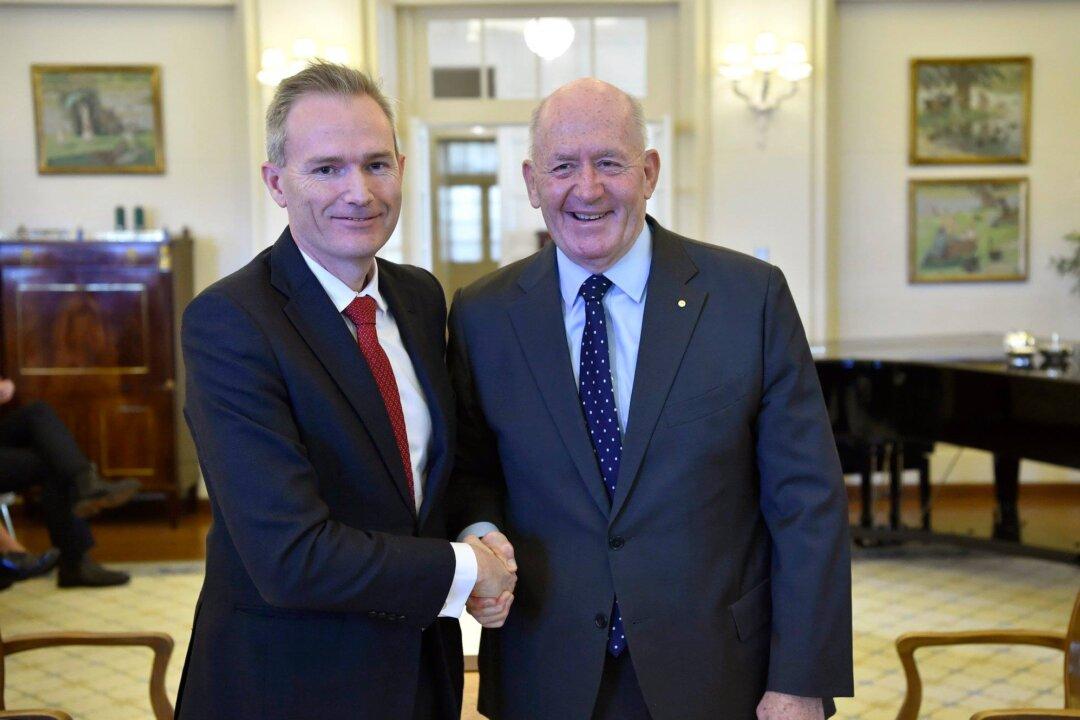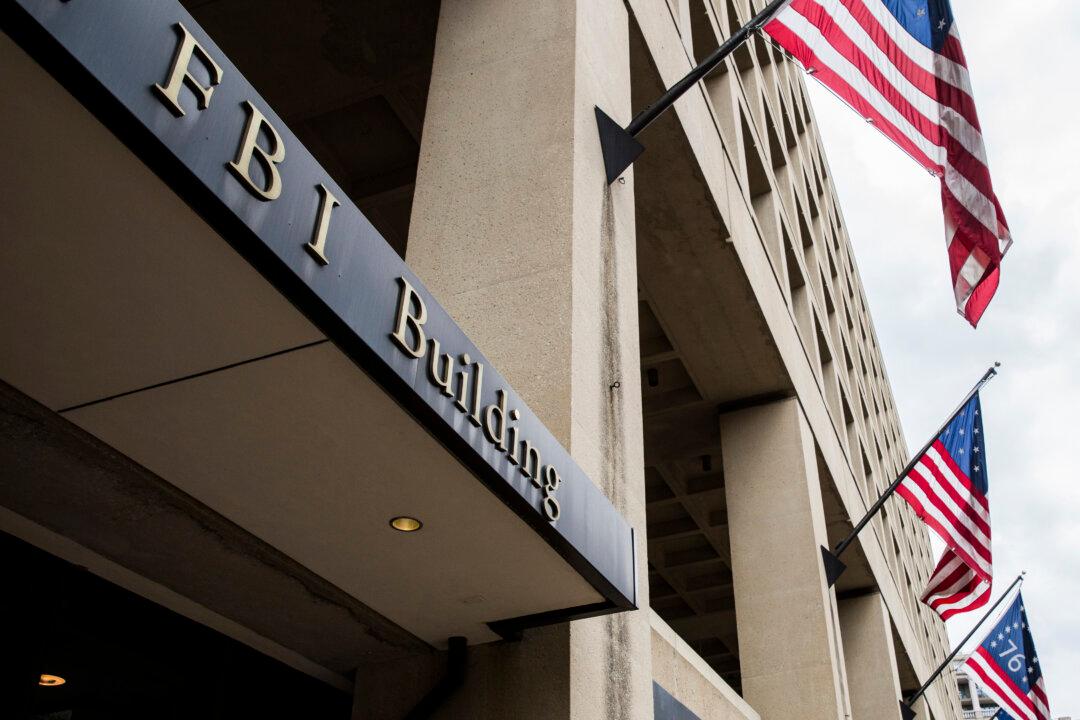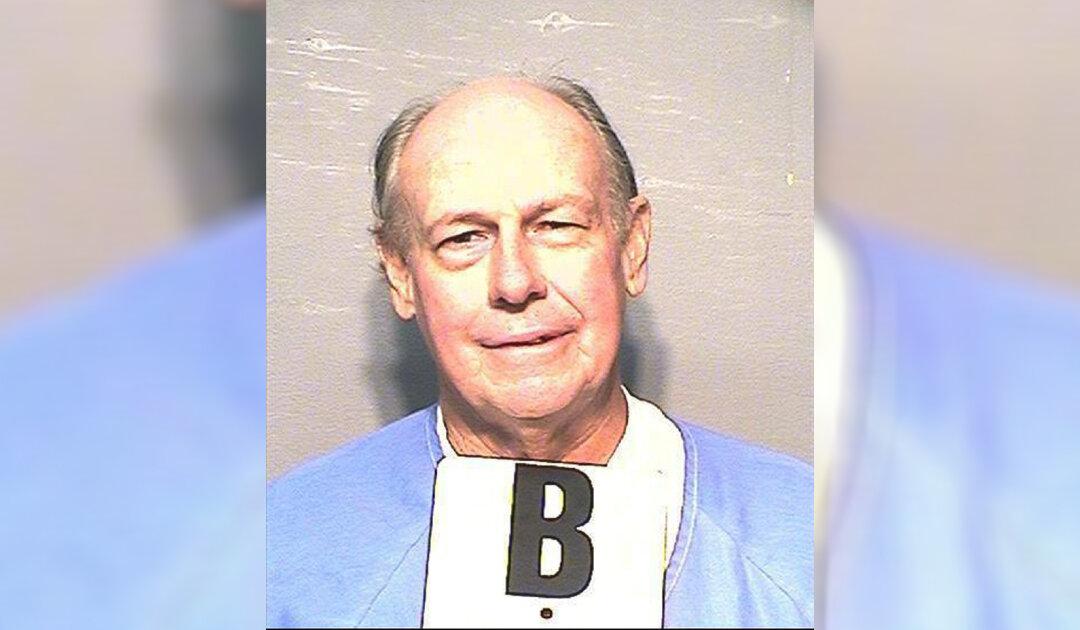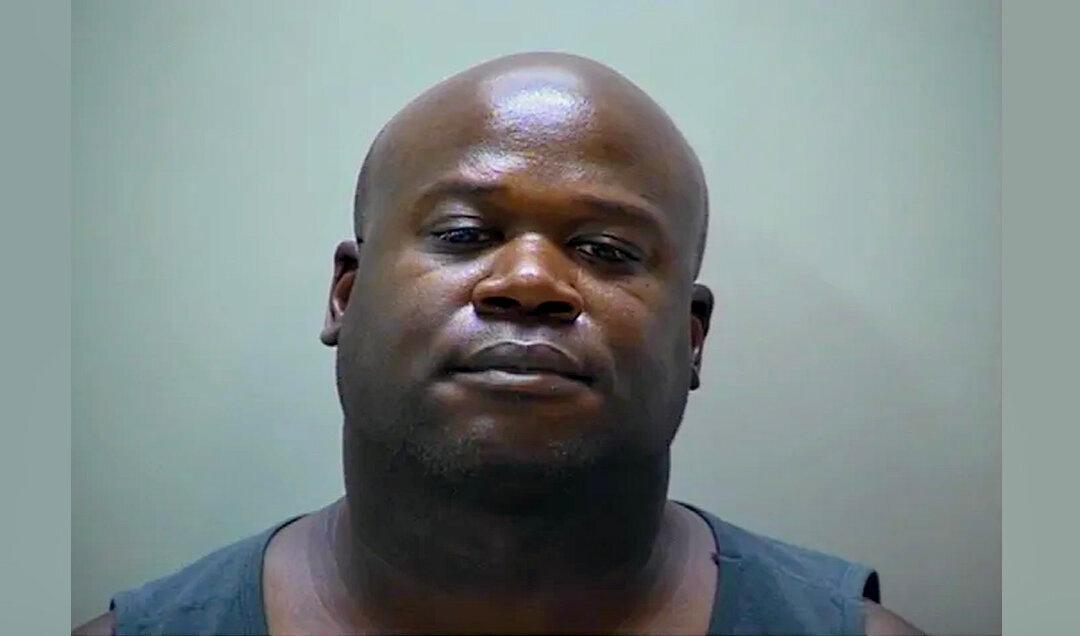Foreign visa applicants found guilty of domestic violence in any country will be refused entry at the border due to new rules introduced by the Australian government.
The federal government issued a Ministerial Direction in December 2018 to visa decision-makers under s499 of the Migration Act 1958, meaning anyone known to be convicted of violent crimes against woman and children in any part of the world will not be allowed to enter Australia.





